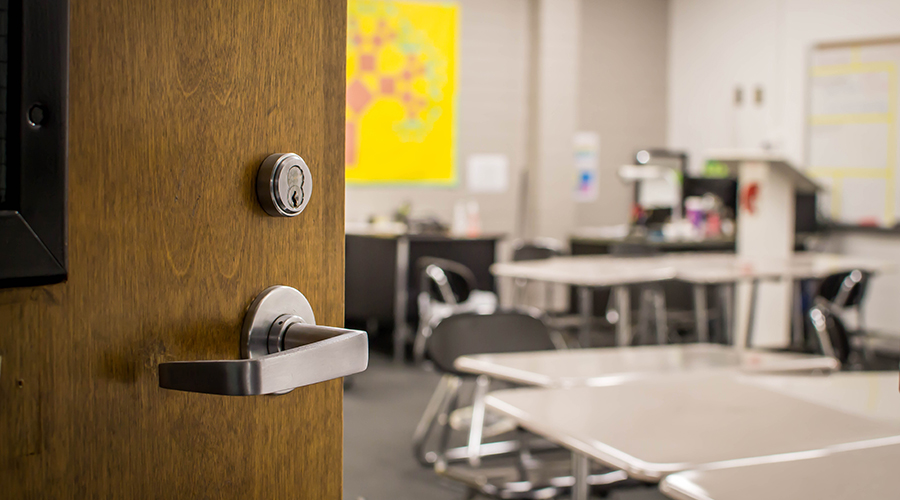Be Water Efficient to Save Energy
March 10, 2010
Today's tip is about how to strengthen the justification argument for water efficiency projects by also considering energy impacts. Many facility executives have a tough time justifying water efficiency upgrades – like new fixtures or removing landscaping to use less irrigation – on strictly a return on investment basis.
Reducing water use almost always reduces energy use, especially in facilities where lots of hot water is used, and this can be a key component of the ROI argument. The Massachusetts Water Resources Authority calculated that running a sink for five minutes in which 70 percent of the water is heated uses the same amount of energy as leaving a 60-watt light bulb on for almost 14 hours. Additionally, water for irrigation requires energy to pump and disperse it over landscaping, so reducing landscaping reduces that energy spend.
But there's a community facet to the water and energy link as well. Water is heavy, and requires an enormous amounts of energy to treat and transport. According to the California Energy Commission, 19 percent of California’s electricity is used for water treatment and transportation. So, an organization can use water conservation strategies to show how it is contributing to reducing carbon emissions, both at organizational and community levels.
Finally, many cities – New York and Boston, for example – are offering rebates and incentives for water efficiency projects. The theory is that by conserving water, additional supply and additional infrastructure won’t be needed – saving the city millions. The notion of avoiding more capacity is also one of the reasons why energy utility offer rebates. It's time to start thinking of water as the new energy!
Next
Read next on FacilitiesNet







